Shortlists on shortlists: part 4 - Danny Dorling
Guest
We asked the writers shortlisted for the 2025 Bread and Roses Award to recommend a book which has been shortlisted for the award in the last five years - and we're thrilled to share their thoughts in the coming weeks, before we announce the winner of the award on 15th September (click the link to join us for the online event)!
Our fourth blog post comes from Danny Dorling, author of the excellent Seven Children: Inequality and Britain’s Next Generation. Seven Children is about injustice and hope. Danny Dorling’s highly original book constructs seven ‘average’ children from millions of statistics—each child symbolising the very middle of a parental income bracket, from the poorest to the wealthiest.
Here is Danny’s contribution...
I was asked to recommend one or two books from the Bread and Roses shortlists of the last few years. Looking back, I saw a theme.
In 2020 the winner for the prize was ‘Afropean: Notes from Black Europe’ by Johny Pitts (Allen Lane). In 2021 the shortlisted included Olivette Otele’s African Europeans: An Untold History (Hurst). A year later, ‘Ciao Ousmane: The Hidden Exploitation of Italy’s Migrant Workers’ by Hsiao-Hung Pai (Hurst). In 2023 among the five shortlisted was ‘Uncommon Wealth’ by Kojo Koram (John Murray Press). In 2024, ‘Friends of Israel: The Backlash Against Palestine Solidarity’ by Hil Aked (Verso).
I had seen Johny speak about his book, on being black in Europe, such a long time ago, in person, pre-pandemic. I remember thinking he was so young to have seen so much. Olivette Otele’s book is about travelling also, but back in time. Hsiao-Hung Pai’s book concerns a single individual, a 26-year-old Senegalese olive harvester who died (aged 26) when a gas canister exploded in a field in Scilly. Benjamin Zephaniah, who died in the year ‘Ciao Ousmane’ won the prize, was moved to tears by the book.
Kojo Koram’s book concerns the horrors a few British capitalists inflicted on millions of people in Africa and the Caribbean, after the end of the British Empire. Hil Aked writes in meticulous detail of the racism of the British Zionist movement today – how similar that movement is to past support for Apartheid South Africa. In a way these are all books about the same story.
It is hard to choose one book from this theme. The stories of the racism in our time.
Linked Books
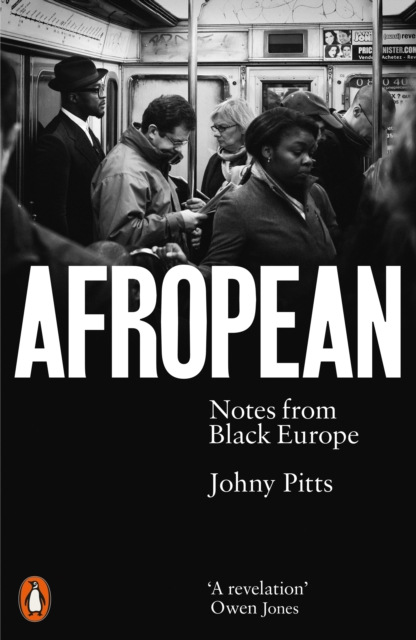
- title
- Afropean : Notes from Black Europe
- author
- Pitts, Johny
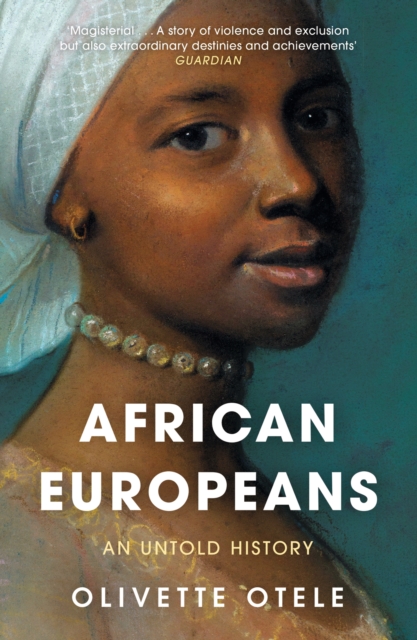
- title
- African Europeans : An Untold History
- author
- Otele, Olivette
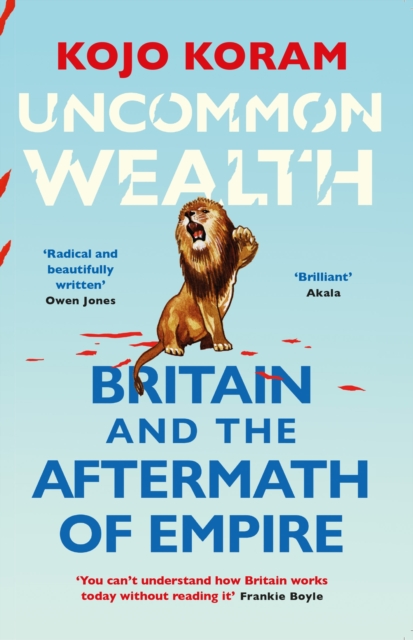
- title
- Uncommon Wealth : Britain and the Aftermath of Empire
- author
- Koram, Kojo
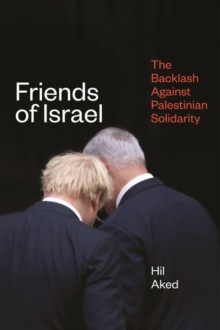
- title
- Friends of Israel : The Backlash Against Palestine Solidarity
- author
- Hil Aked
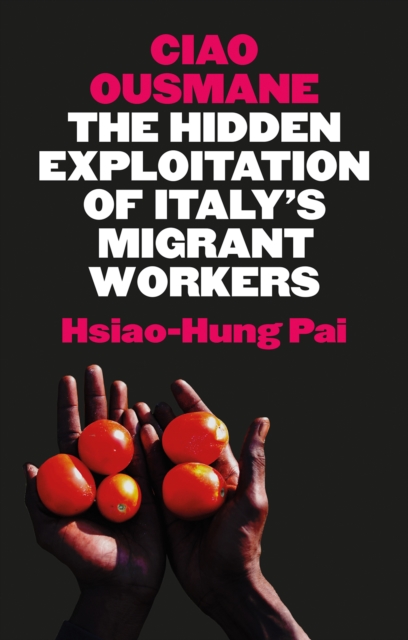
- title
- Ciao Ousmane : The Hidden Exploitation of Italy's Migrant Workers
- author
- Pai, Hsiao-Hung
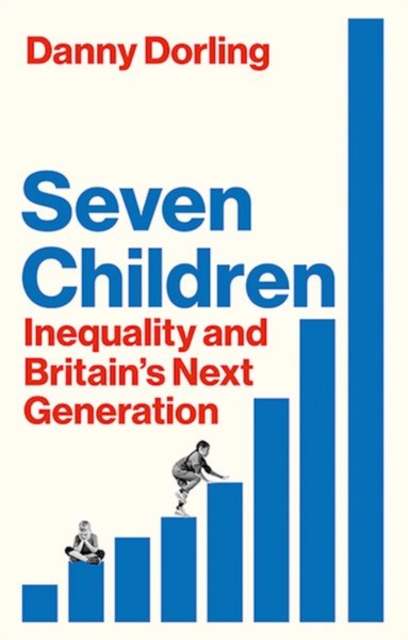
- title
- Seven Children : Inequality and Britain's Next Generation
- author
- Dorling, Danny